Staying Fit

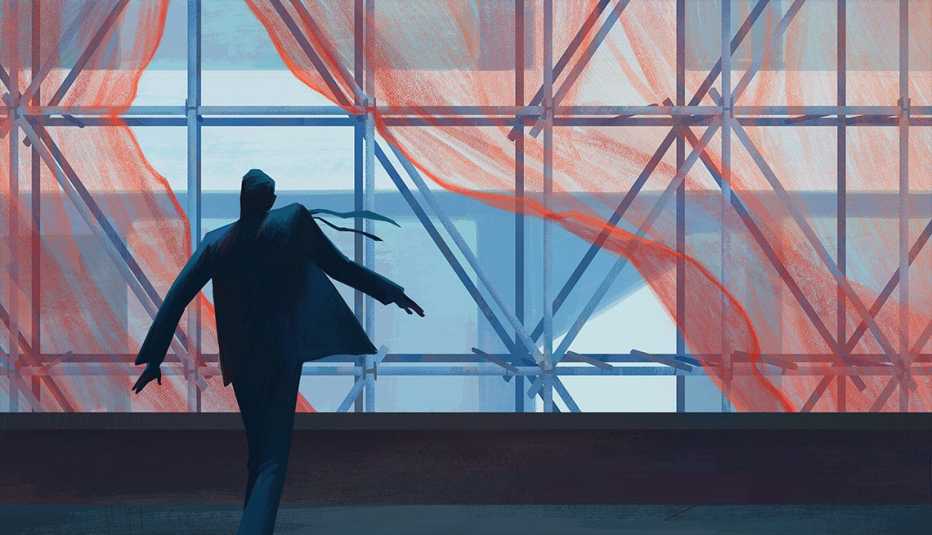
PROLOGUE
Fall in New York
AT THE END of the dark, crowded bar, a man in black twirled an e-cigarette through his fingers and over his thumb like a little baton, again and again as he watched and waited.
It was an aggravating, fidgety habit, he knew. But when he was anxious, it was harder to resist than smoking the damn thing.
The bar was in a hip industrial-chic hotel on 67th and Broadway called Index House, with a cutting-edge meets Roaring Twenties vibe. Charging stations blended into a décor of exposed brick and tufted chairs. With his downtown black silk suit and dark GQ looks, the man belonged there.
He deftly flipped the cigarette into his inside jacket pocket as the bartender finally approached with his drink. It was a Zombie, four or five different rums and some cognac with a splash of pineapple and mango juice. One of the rums was 151-proof, and flammable. He’d seen drinks lit on fire many times over the last seven years, in many places, from Jamaica to Jakarta.


AARP Membership— $12 for your first year when you sign up for Automatic Renewal
Get instant access to members-only products and hundreds of discounts, a free second membership, and a subscription to AARP the Magazine.
Too damn many, he thought. “So are you a Walking Dead fanatic, or do you just like the demon rum?” the doe-eyed bartender asked, over the crowd murmur and slow jazz piano playing from the lobby.
There were two bartenders, a guy and a girl, but he had ordered from the guy.
“Entschuldigen Sie?” he said, staring at her like he’d just stepped off a flying saucer. It meant “excuse me” in German. The one and only phrase he’d picked up in three useless months in Munich four years ago.
That did the trick. She went away with his two twenties, and quick. Lovely as she was, he didn’t need any distractions. Not now. He began rubbing his thighs nervously as he scanned the hotel lobby. He looked out at the dark of Broadway through the plate glass behind him, a clear moonless October evening in New York, bright lights twinkling.
At this critical juncture, he needed to stay on his damn toes.
Where the hell is this guy? he thought, taking out his phone to check his messages. It was 9:25. Almost a half hour late and still no call. Did this joker’s phone die? He just wasn’t coming? No way to know. Great. He’d just sit here on his ass some more.
He placed his phone on the zinc bar top and reached for the drink. Then he stopped himself and instead took out the e-cigarette again. Back and forth, and back and forth, over and through his fingers faster and faster, he twirled the metal cigarette until it was just a black blur across his knuckles.
+++
IN THE CROWDED library off the hotel bar, Devine sat listening to the boss man on the phone.
“What’s Pretty Boy doing now?”
“Nothing,” Devine said. “Just sitting at the bar, playing with a pen or something. Got himself a tropical drink. He’s looking a little melancholy. And nervous.”
“That right?” the boss said.
Devine, who was from Tennessee, loved the boss’s hard-ass southern voice, the power in it. It reminded him of a backwoods Baptist minister, perpetually on the verge of going all fire-and-brimstone on his congregation.
“Well, he’s going to be singing the blues all right. You just make sure you don’t join him for a few. He slips away again, it’s your ass.”
Devine winced. He didn’t take criticism well. Especially from one of the few people he respected.
“So, plan is still in place?” Devine said. “Hit him when he goes back to his room?”
“Yes, Devine. You remembered from five minutes ago. Bravo,” said the boss. “But if a chance comes up right there in the bar, if you can be discreet, you take it. That’s why I sent you in instead of Toporski. You know how to improvise.”
Devine shook his head as the boss hung up. He’d never heard the man so tense, so—dare he say it—nervous. Pretty Boy had him rattled. Had them all rattled.
That’s why they were up in New York now, all of them. There was a team a short block west in front of a gym on 67th and Amsterdam, and another outside the hotel.
They had Pretty Boy boxed in once and for all.
“El Jefe still got his boxers in a wad, eh?” said Therkelson.
“Yep,” Devine said as he glanced over at the blond, middle linebacker–sized Therkelson. His big iron Swede thumbs were flying on his Galaxy, playing some game. “You know, Therk, you got a real funny way of conducting surveillance with your face in that phone.”
“Ah,” Therkelson said, not even glancing up. “You got it covered. I’m the muscle here in our little partnership, Timmy. Be wrong not to let you do anything. I want to make sure a little guy like you feels like you’re contributing.”
+++
DEVINE MUNCHED A handful of complimentary jalapeño peanuts as he kept his eyes trained on the target.
He didn’t know how they’d tracked Pretty Boy down. A few of the guys were saying the boss man had an old friend in the NSA, which seemed valid. With access to phone and credit card tracking, you could pinpoint any old Tom, Dick, or Harry in the civilized part of the planet in half an hour.
And what Pretty Boy was doing, they didn’t know that, either. All they knew was that it wasn’t part of the playbook. He’d bugged out for a little R&R for the long weekend like the rest of them, but then come Tuesday, he didn’t show up. No word.
That was a week ago. Now they’d finally run him down, here in New York in this fancy Pajama Boy gin mill, of all places.
Devine watched as the hot bartender tossed Pretty Boy another interested glance. Had a woman, even an ugly one, ever looked at him like that? he thought. No. Not even when he gave them the money first. The bitter inequities of the world.
Yeah, Devine thought, nodding as he looked at Pretty Boy. He was going to enjoy this little piece of work.
It was about three minutes later when Pretty Boy put down his empty glass and stood up. He was heading toward the can. Devine had been monitoring it. There was no one in there.
Welcome to an evening at the improv, Devine thought as he suddenly slapped the phone into Therkelson’s lap.
“C’mon,” he said, already moving as he watched Pretty Boy push open the restroom door.
He sent Therkelson in by himself while he watched the hall to keep out any civilians. He heard some scuffling behind the door, a muffled grunt. Therkelson knew his orders. Neutralize him, then do a strip search if necessary.
He waited a full minute, checking his stainless steel Rolex, and then another.
What the hell was taking him so long? Devine thought.
He couldn’t take it anymore. He pushed open the door.
And came face to face with the shocking and unthinkable.
Therkelson, the incredible Therk himself, was lying unmoving, facedown on the white tile.
As if that weren’t enough, as Devine stood there still gaping in wide wonder, one of the stall doors slammed open and cracked him right in the forehead.
An instant later came a searing pain in his neck as Pretty Boy hit him with Therkelson’s stun gun for a buzzing moment. Devine threw up jalapeño peanuts all over himself when Pretty Boy savagely kneed him in the balls. Several times, lightning-quick, like a Thai boxer.
Before he knew it, Devine was down next to Therkelson on his hands and knees like a baby, seeing stars in the tile work. Pretty Boy leapt him like a track hurdle and exited.
Palming himself up from his own vomit a few dazed and throbbing minutes later, Devine shook his head as he fished out his phone.
Here we go again, he thought as he dialed the boss man.
+++
THE MAN IN black was a serious runner. He ran seventy miles a week on a strict plan. He did tempo runs and speed training. He didn’t just run 5Ks, he usually won them.
But he was gasping like a day-one Biggest Loser and had sweated clean through the back of his suit jacket by the time he came up the sixteen flights of steps and burst from the stairwell door out onto the hotel’s roof deck.
He scanned the deck. Dark blue-black sky and cold air. Rattan couches under string lights. A gas fire pit turned off now. No people. No team. They weren’t up here. At least not yet.
He thought he could find a way out the back of the hotel, but there was only the stairwell. There was no way he could have gone out the front. If Devine and Therkelson were here, they were all here, strung out in a perimeter.
He was in a slipknot now, which was tightening as he stood there.
Beyond the fire pit, there was an enclosed rooftop bar with a Reserved sign on a stand in front of its French doors. Through the glass, he could see guests and wait staff and tables set with flowers and white linens. A DJ in a tuxedo shirt bent by a turntable, and then there was a sudden blast of swinging trumpets and Sinatra singing “Come Dance with Me.”
Clueless civilians. No help in that direction. No time to even ask.
He went to the roof ’s edge and looked down on Broadway. Sixteen stories down. Two lanes of moving traffic. Lights of Lincoln Center. Some people on the sidewalk. No way to tell the good guys from the bad guys.
He rushed along the roof deck, skirting the building’s perimeter to 67th Street, looking for a fire escape. At the northeastern edge of the building down 67th, he was hoping for another building he could escape onto, but there was nothing except a huge empty dirt lot with a bunch of construction equipment.
He’d come along the southeastern back corner of the hotel when he finally saw his out.
Behind the hotel was an old building under renovation. They were doing brickwork and had an outside scaffold set up, a cruciform track running from roof to ground with a movable scaffold forming the horizontal part of the cross. The right-hand end of the scaffold was about fifteen feet away from where he was standing, and about a floor and a half below the level of the hotel roof.




























































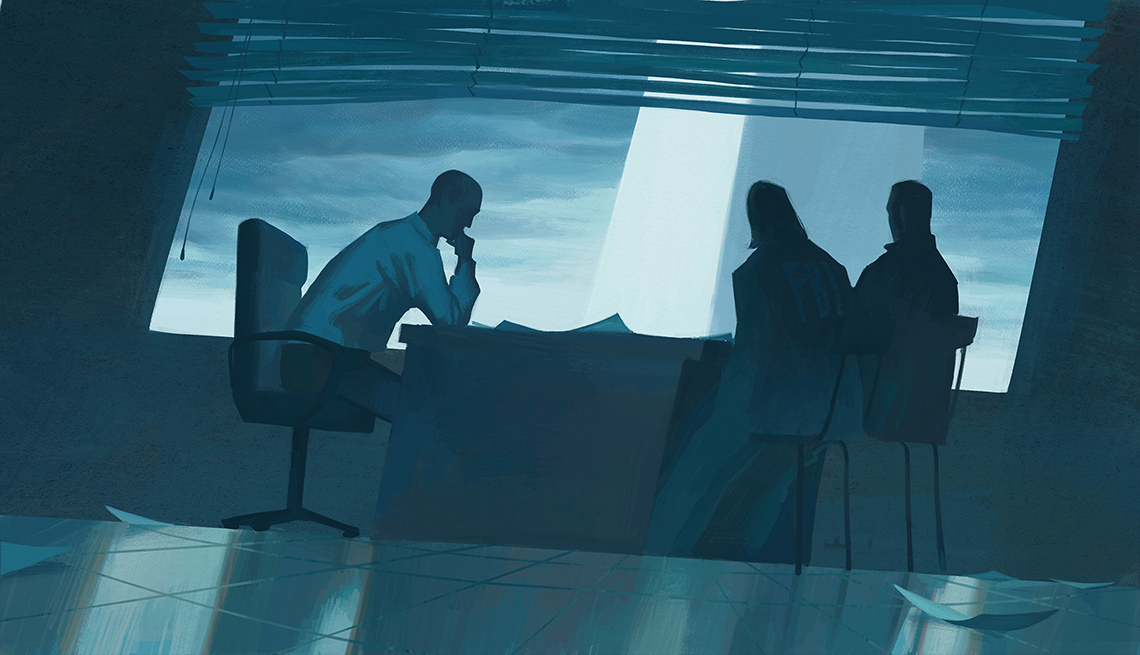
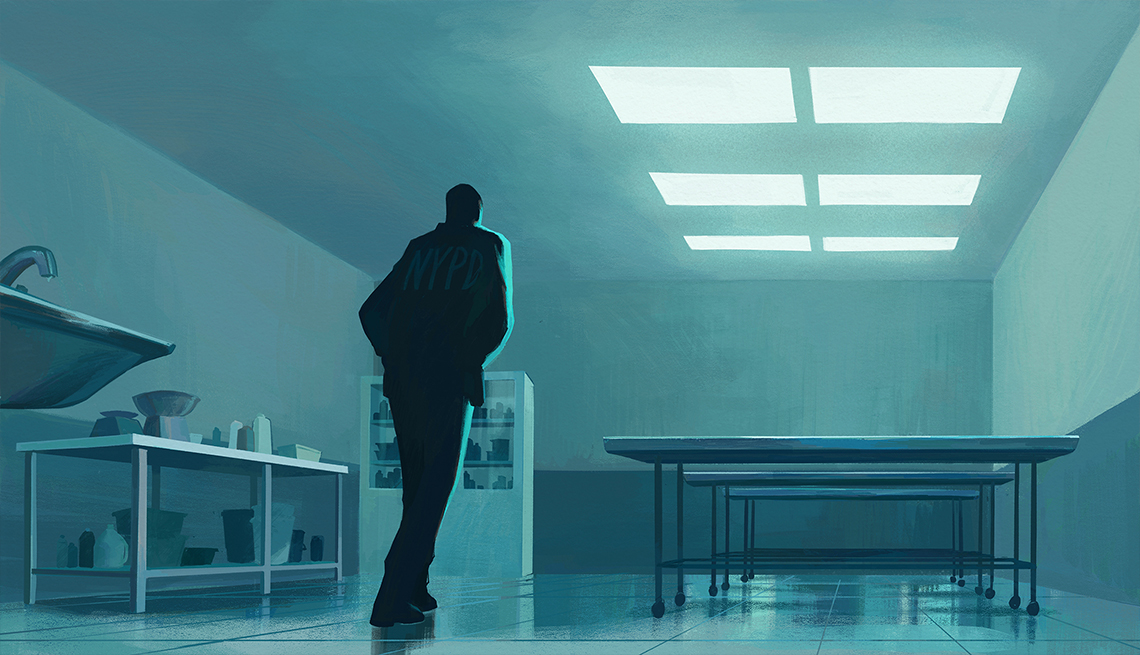
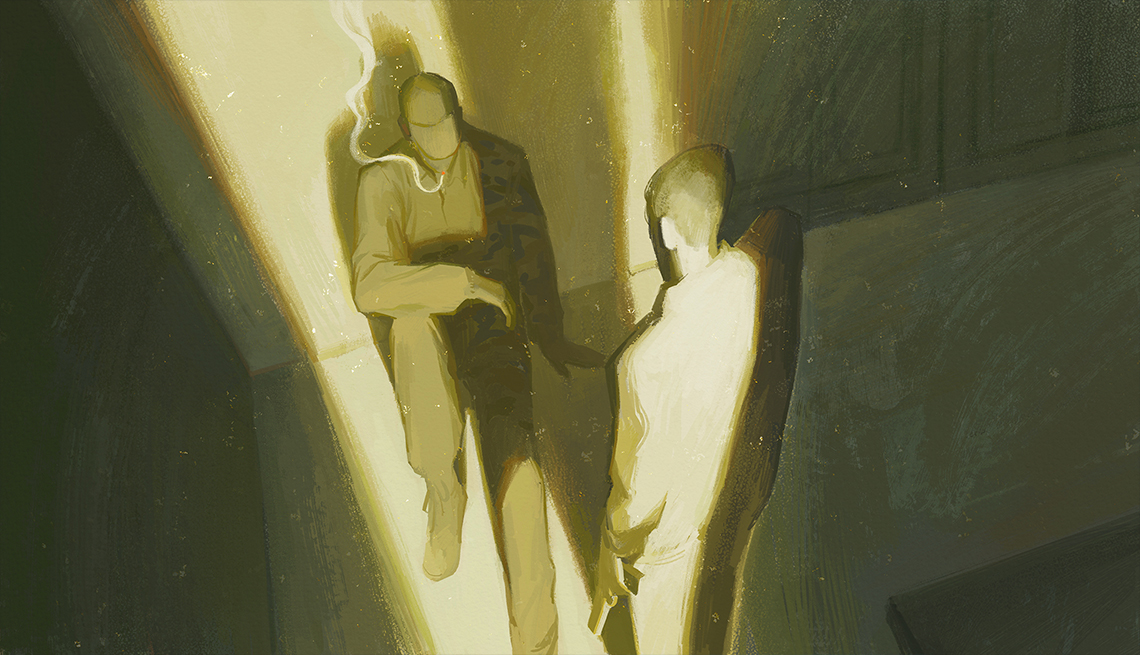
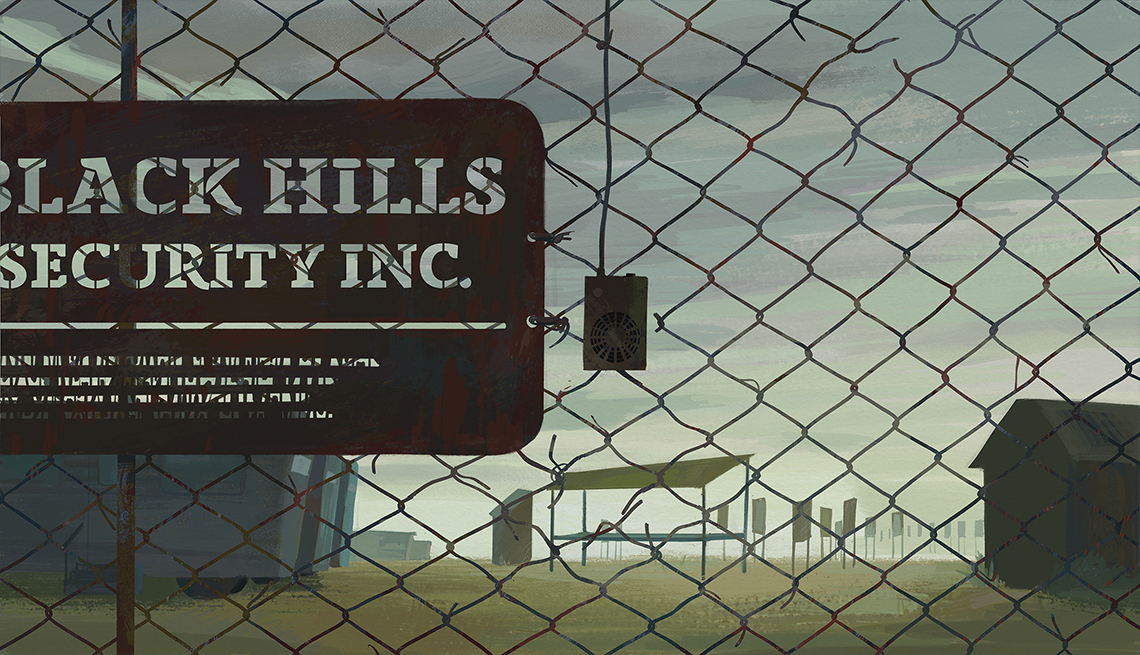
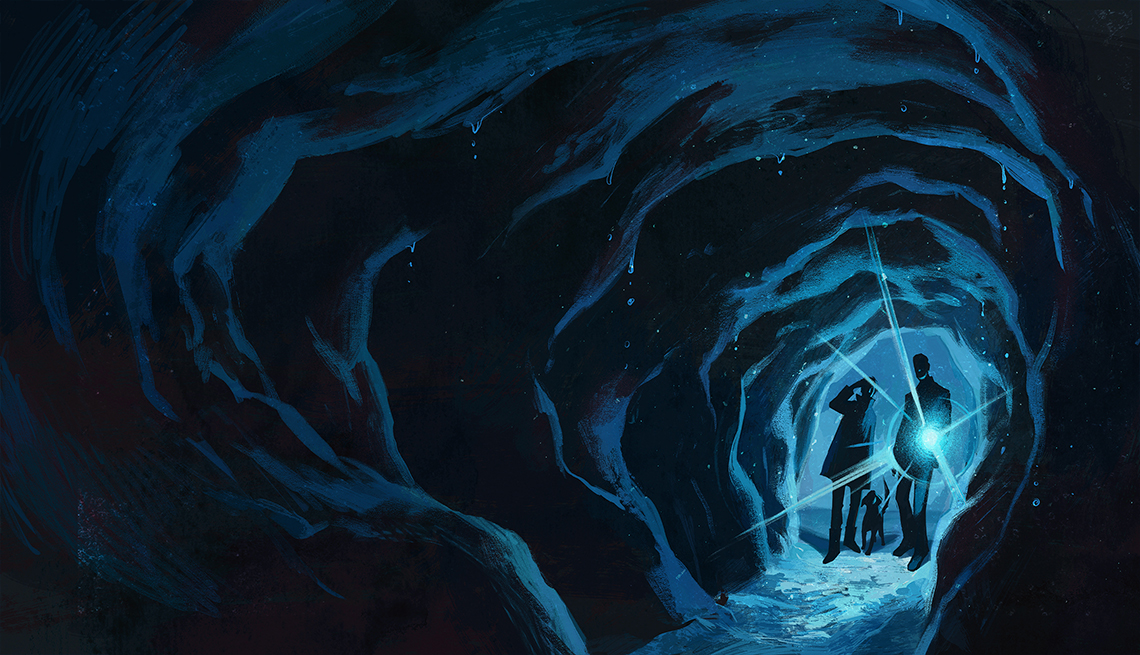
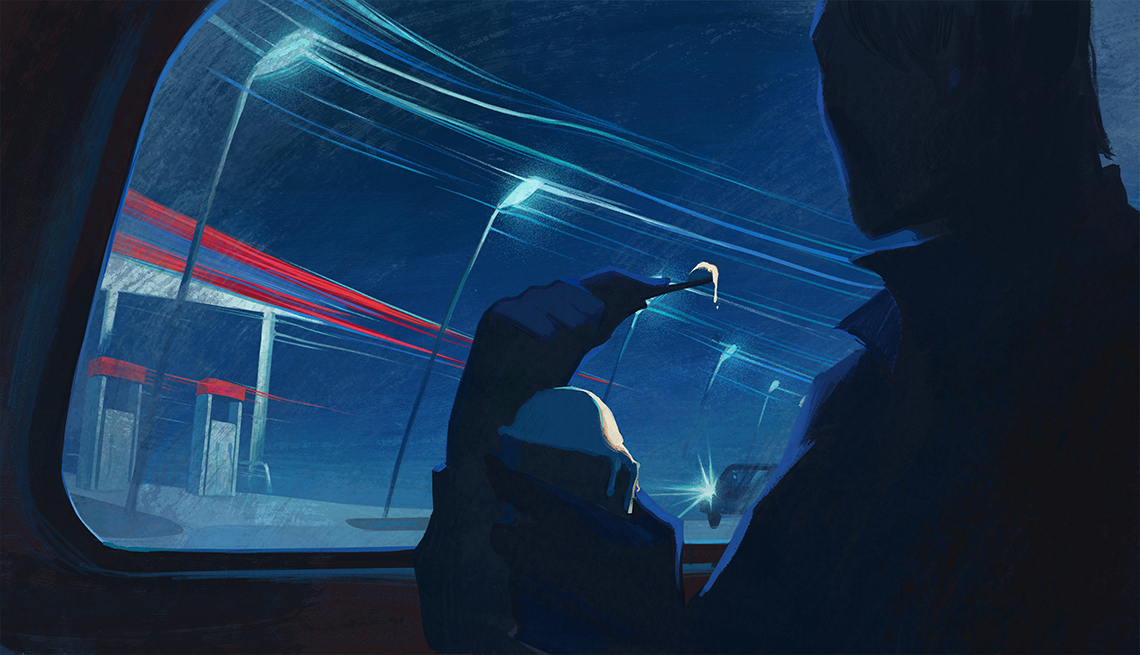
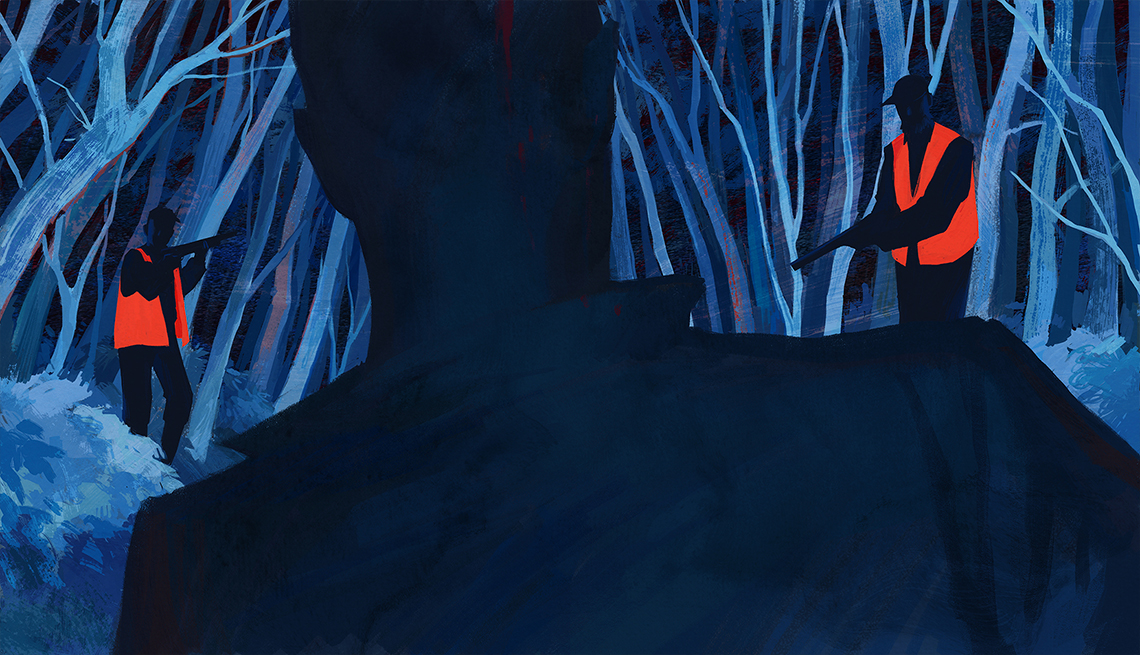



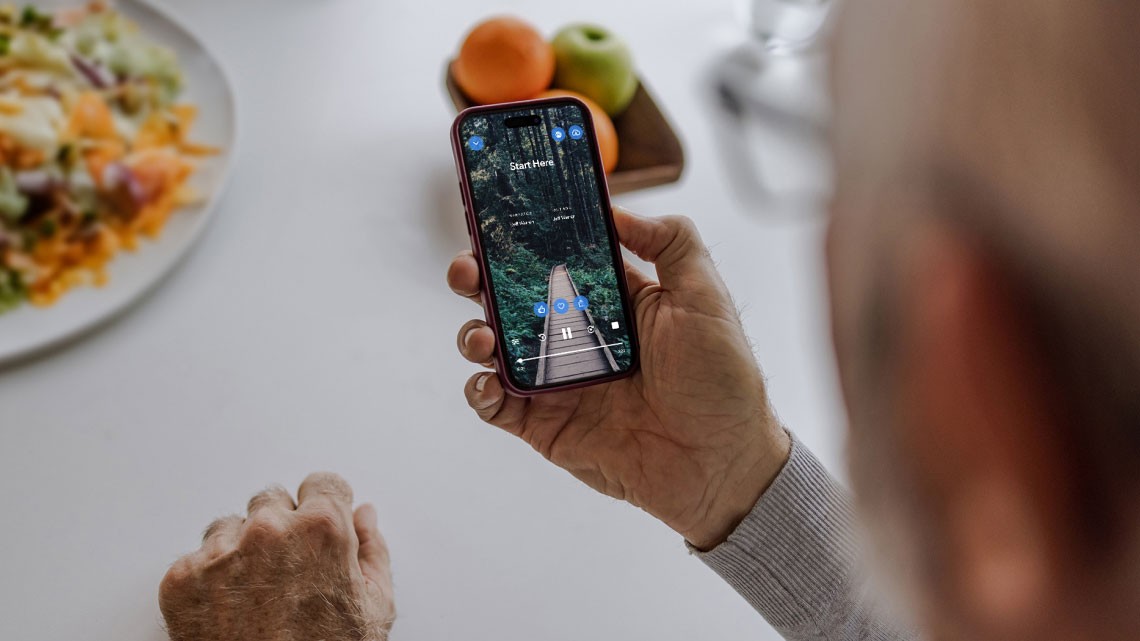



You Might Also Like
Free: An Excerpt From ‘Crosshairs’
Read the first 10 chapters of another thriller in James Patterson’s series featuring Detective Michael Bennett
Free: ‘The Trial’ by James Patterson
Quick-read features Detective Lindsay Boxer and friends and an accused murderer wreaking havoc in San Francisco
Meet James Patterson
Get to know the all-time best-selling author and find out what’s in store for the Women's Murder Club
More Free Books Online
Gripping mysteries and other novels by popular authors available in their entirety for AARP members
Recommended for You